On Sept. 15, at Tufts University’s Center for the Study of Race and Democracy, we will host the second annual National Dialogue on Race Day. This year’s program carries particular significance in light of the tragic death of Michael Brown and last month’s events in Ferguson, Mo., and we are committed to advancing a better understanding of what we’ve all seen.
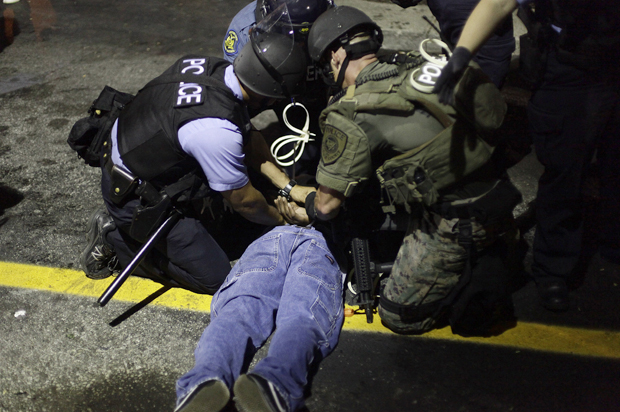
Last Thursday, I boarded a bus with about 40 people for an 18-hour bus ride to Ferguson, Missouri, as part of what we termed the Black Lives Matter Rides. Twenty hours later, we joined riders from all over the country who descended on St. Louis and Ferguson to show solidarity with local activists and residents still fighting for justice in the police killing of 18-year-old unarmed teenager Michael Brown.
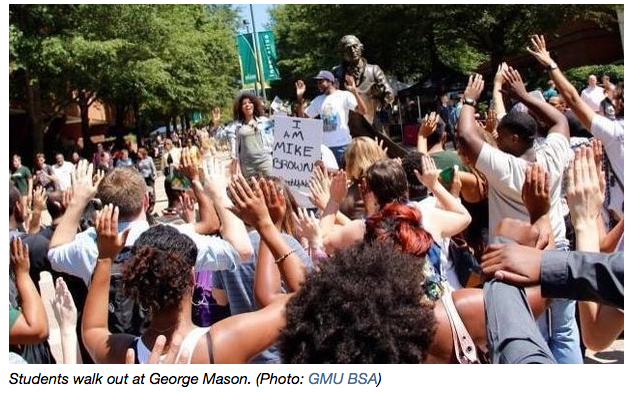
Last spring, The Nation launched its biweekly student movement dispatch. As part of the StudentNation blog, each dispatch hosts first-person updates on youth organizing. For recent dispatches, check out July 25 and August 12. For an archive of earlier editions, see the New Year’s dispatch. Contact studentmovement@thenation.com with tips. Edited by James Cersonsky (@cersonsky).
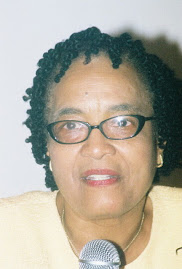
TriceEdneyWire.com) — After the celebrity politicians, press and preachers leave the eye of the cameras in Ferguson, Mo.

Most police officers fulfill their duties with professionalism and integrity. But the purity of one individual officer’s motives is not the real issue in the post-Ferguson debate. Rather, there is a broader concern about systemic issues that contribute to racial disparities within our criminal justice system.

Dr. Terrell Strayhorn, a brilliant, Black Ohio State University professor, recently opened the Educational Testing Service and Children’s Defense Fund co-sponsored symposium on Advancing Success for Black Men in College by sharing a question his 14-year-old son asked him…
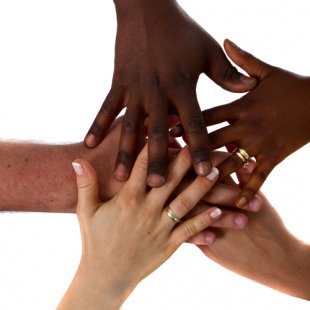
One commenter on Salon got my attention last week during the furor that followed my essay about “white privilege” as a concept that helps us understand both what actually happened in Ferguson, Missouri, and the racially polarized response to those events. In post after post, this person repeatedly tried to strike a middle ground between fundamentally incompatible positions that reflect opposing worldviews, between the idea that white privilege is an immensely significant if largely hidden dynamic that shapes much of American life and the proposition that white privilege is a left-wing fiction. This person’s brave effort to split the difference – or, less charitably, to deflect the question without rejecting it entirely – didn’t work, but I found it instructive.

Racial politics in the U.S. is beholden to the space of black death. On Monday, Michael Brown’s family, friends and loved ones gathered to lay his body to rest, even though his unjust and untimely death leaves his community of Ferguson, Missouri, in a state of unrest.
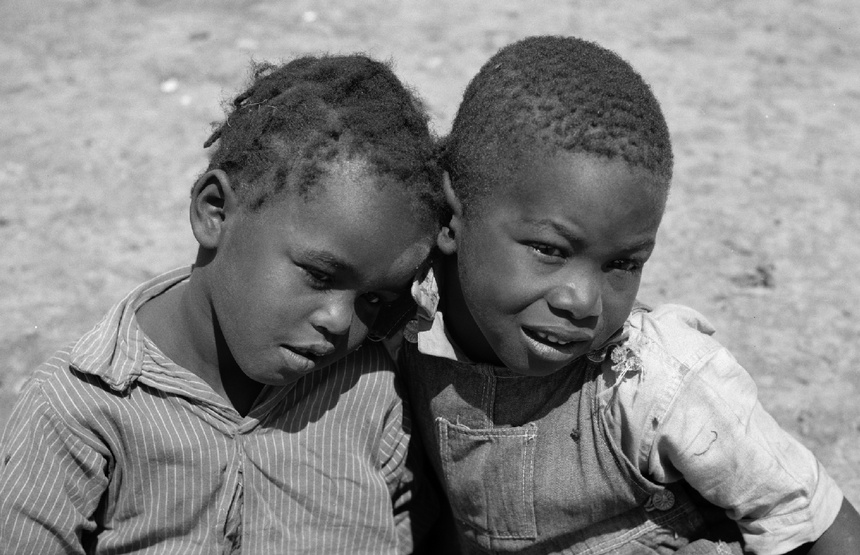
As I’ve said before, the idea of reparations precedes this month’s cover of The Atlantic, and the work around it—among scholars, activists, and writers—has been ongoing, even if the interest of the broader world is fickle. Following up on the autopsy of an idea, I thought I’d give some larger sense of how something like this came to be. My hope is to give people who are interested some entrée into further reading, and also to credit the antecedents to my own thinking. Perhaps most importantly, I wish to return to one of the original features of blogging—the documentation of public thinking. I would suggest that more writers, more academics, and more journalists do this, and do so honestly. It have come to believe that arguing with the self is as important as arguing with the broader world.
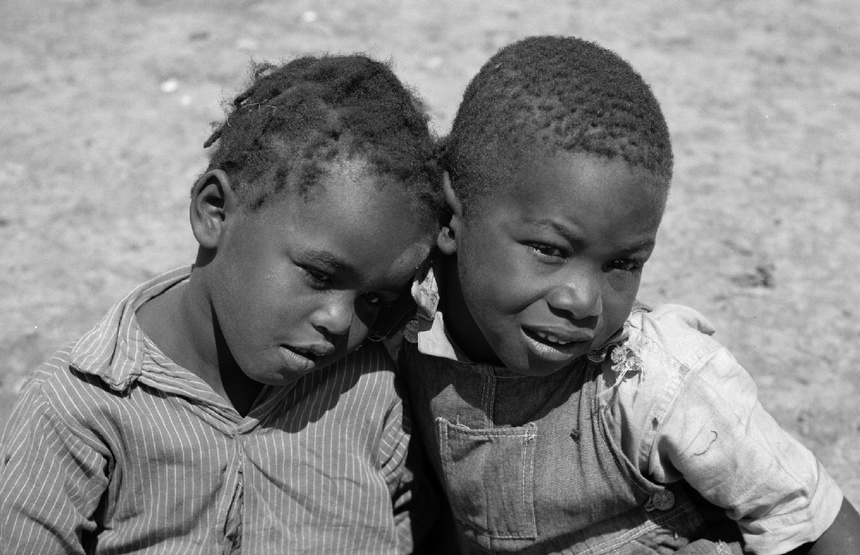
As I’ve said before, the idea of reparations precedes this month’s cover of The Atlantic, and the work around it—among scholars, activists, and writers.
It remains unclear why Ferguson Police Officer Darren Wilson thought it was appropriate to fire six shots into Michael Brown, an unarmed 18 year-old who was, by most accounts, fleeing from the officer. Wilson has not been arrested or charged for any crime.
In “The Case for Reparations,” I tried to move the lens away from the enslaved and focus on their descendants.














